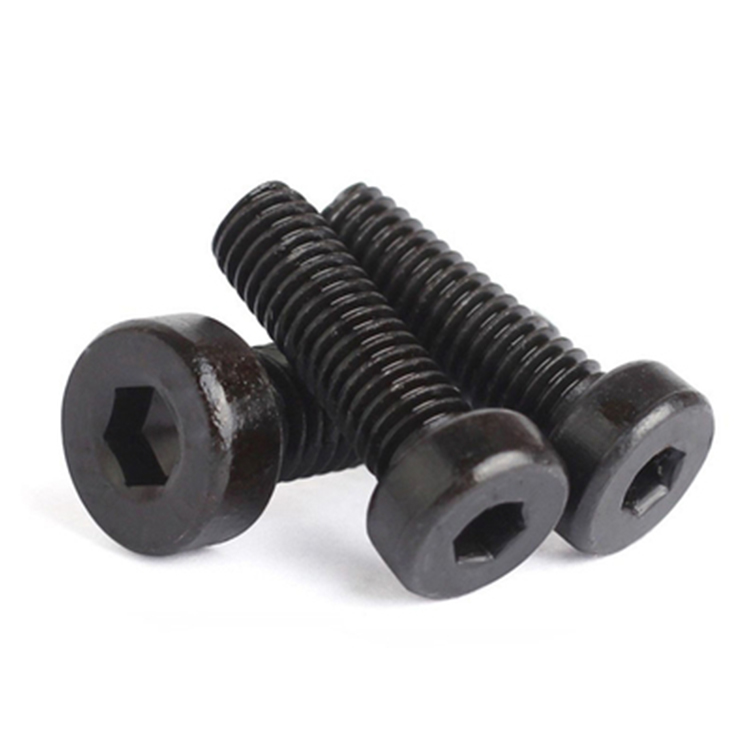

Stainless steel fasteners play a vital role in modern construction. Known for strength and corrosion resistance, they ensure durability in demanding environments. Just like “lead-free compliance” improves safety in electronics, stainless steel fasteners guarantee long-lasting structural integrity. In this blog, we will explore why stainless steel fasteners are crucial, common pain points in construction, and technical solutions that enhance performance.
Many construction projects still rely on carbon steel fasteners. These fasteners corrode quickly in humid or coastal regions. Over time, rust weakens joints, which leads to costly repairs and safety risks.
By contrast, stainless steel fasteners resist oxidation and remain strong under exposure to moisture and chemicals. This makes them ideal for outdoor and industrial structures.
Low-grade fasteners often fail under heavy load. In bridges, towers, or industrial plants, such failures can be disastrous. When bolts loosen, the entire structure loses stability.
Stainless steel fasteners provide consistent tensile strength and prevent such failures. Builders who choose stainless steel screws and bolts reduce risks while improving reliability.
Routine replacement of corroded fasteners drives up maintenance costs. In large buildings or offshore platforms, replacing hundreds of bolts is both time-consuming and expensive.
Using corrosion-resistant stainless steel fasteners reduces replacement frequency. This lowers lifecycle costs and ensures uninterrupted operation of facilities.
Hospitals, airports, and rail systems require fasteners that never compromise safety. A single failure could cause major disruptions. Traditional fasteners cannot always meet these high standards.
With stainless steel fasteners, safety improves significantly. Their durability supports critical infrastructure where human lives and operational uptime depend on reliability.

Design engineers often struggle with fasteners that limit material combinations. For example, galvanic corrosion occurs when different metals connect.
Stainless steel fasteners solve this by being compatible with a wide range of materials. This allows more flexibility in modern architectural and engineering designs.
Material Strength: Stainless steel fasteners (Grade 304, 316) maintain tensile strength of 515–700 MPa, exceeding many traditional fasteners.
Corrosion Resistance: In salt spray tests, stainless steel showed no visible rust for over 1000 hours, unlike carbon steel which corroded within 48 hours.
Longevity: Structures built with stainless steel fasteners show 40% lower maintenance costs over 20 years compared to those with mild steel bolts.
Safety Assurance: Data from construction safety boards highlight a 60% reduction in joint failures when stainless steel bolts replace standard carbon steel.
Choosing a reliable CNC machining partner to manufacture custom stainless steel fasteners ensures consistent quality. This improves delivery rates and guarantees product performance in demanding projects.
Stainless steel fasteners improve strength, safety, and long-term reliability in construction. They solve problems of corrosion, reduce maintenance costs, and increase design flexibility. Supported by technical data, stainless steel fasteners prove to be the best choice for modern builders.
To learn more about stainless steel fasteners and find the right solutions for your project, visit our product-category